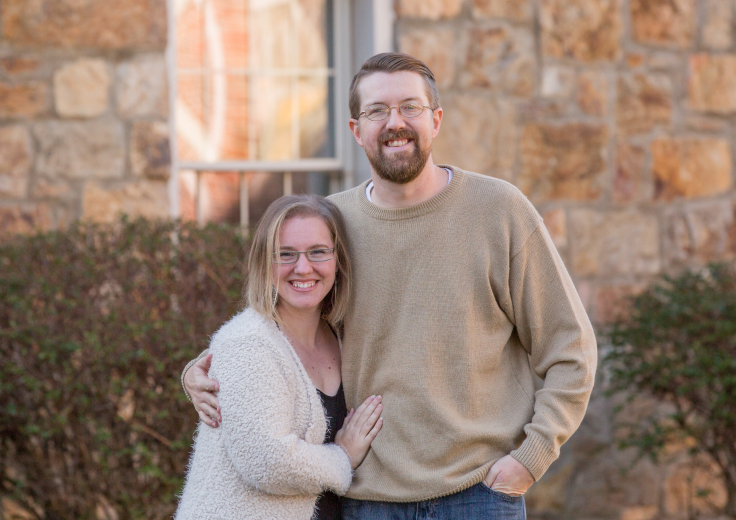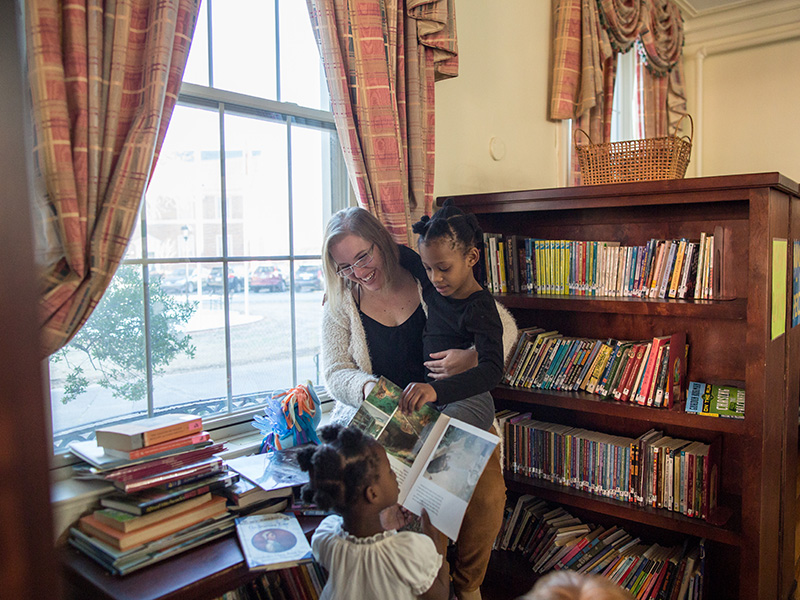Foster Care
Georgia’s Children with the deepest wounds often have nowhere to call home.
Georgia currently has twice the number of children in protective custody as available spaces in foster homes and congregate facilities.
In 2021 Georgia paid over $28M to house children in hotels and motels under the care of DFCS workers
%
Every child under Murphy-Harpst’s care comes to us through DFCS, the Department of Juvenile Justice and the Office of Refugee Resettlement.
It Takes A Village
Our team has helped provide safe, caring, stable foster homes for Georgia’s most vulnerable children since 2003. Going to live with a new family can be a traumatic time for children, so we also place emphasis on keeping sibling groups together.
Contact Us To Start Your Fostering Journey
Foster Care provides loving and secure homes to children, allowing them to thrive and heal. Our foster families undergo significant training above and beyond state requirements and our team provides extensive training, support, and resources to help each foster family and child feel safe. We also facilitate the creation of care teams to support foster families who provide meals, respite care and additional support.
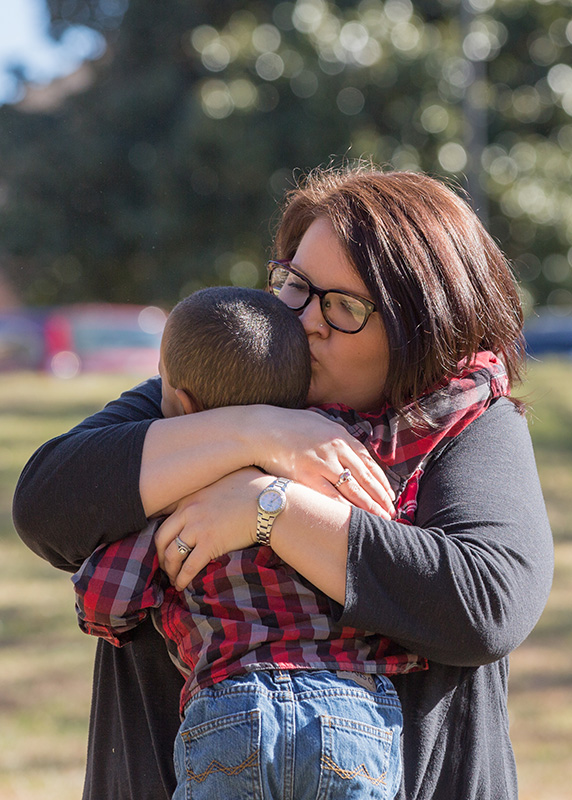
Requirements
- An unoccupied bedroom
- An open heart
- Married or single
- Renter or homeowner
- Traditional or nontraditional families
- Males and females
- With or without children
- Must be 21 years of age or older
Ongoing Support For Foster Parents
- Foster parent certification
- On-going training, including babysitting, meals and fellowship during events
- 24/7 help line with staff on call
- Unbeatable support, including direct access to our Director of Foster Care
- 2 days of paid respite care per month
- Activities and events throughout the year for families and children to have FUN!
- Coordination and training of support groups within the community to aid foster families
Foster Parent Approval Process
Step 1:
Getting to Know You
Step 2:
Training & Documentation
Step 3:
Inspection & Assessment
Finding children a forever home
While many of our foster children find homes with adoptive families, many are able to reunify with their birth parents or another relative. Our goal is to help each child heal and find their intended home, wherever that might be.
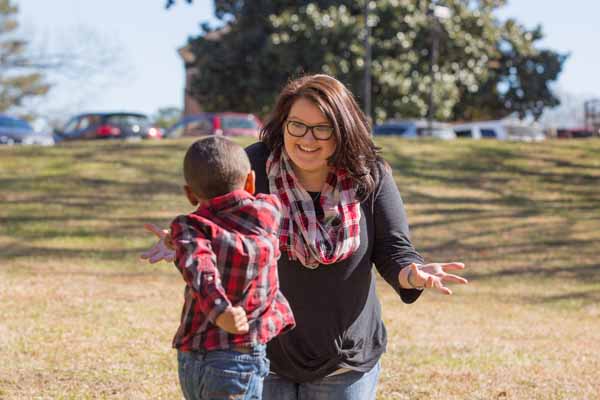
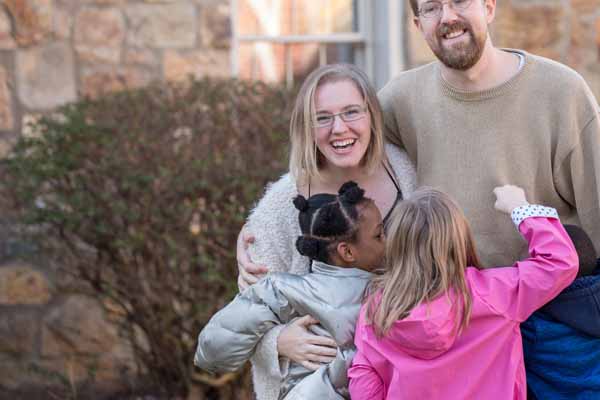
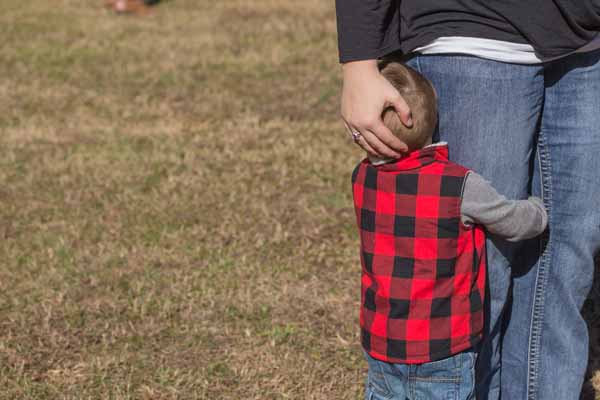
Frequently Asked Questions
To be a foster parent, do I need to be married?
No. Marriage is not a requirement. We have foster parents who are married, who are in a committed relationship, who are single, and who are a multi-generational family unit.
Do I need my own home?
No. Home ownership is not a requirement. You must have space in your home to receive a child. Foster children must have their own bedrooms that provide adequate living space for them. They cannot share a room unless it is with a same sex sibling.
Aren’t foster kids bad kids that act out all the time?
No. Foster children have typically experienced various degrees of abuse and neglect. They have trauma from their past. They need someone who is loving and supportive to help them understand and resolve issues in their past. They may have some behavioral issues but they are not bad kids. They are good kids who have come from bad situations.
I’m not sure I could give them back to their birth family after fostering them.
It is hard, but it is hoped that you will have established a relationship with the birth family and understand the birth family has made progress and is ready to have the children home. You can still have a relationship and be supportive of the family and children.
I’m not sure I can afford to foster.
Foster children come with resources. The foster parent receives a monthly stipend to help with expenses. The children have medical and dental insurance that covers 100% of the need. Child care is also covered by DFCS.
Is there a lot of training involved to become a foster parent?
Yes and no. The initial training requires 24 hours of IMPACT training for new foster parents along with CPR and First Aid and a Therapeutic Crisis Intervention (TCI) class. Yearly, the training requirements are 6 hours every 3 months along with maintaining current certification in First Aid/CPR and TCI. We provide all the annual training free of charge one Saturday every 3 months with child care and lunch provided.

